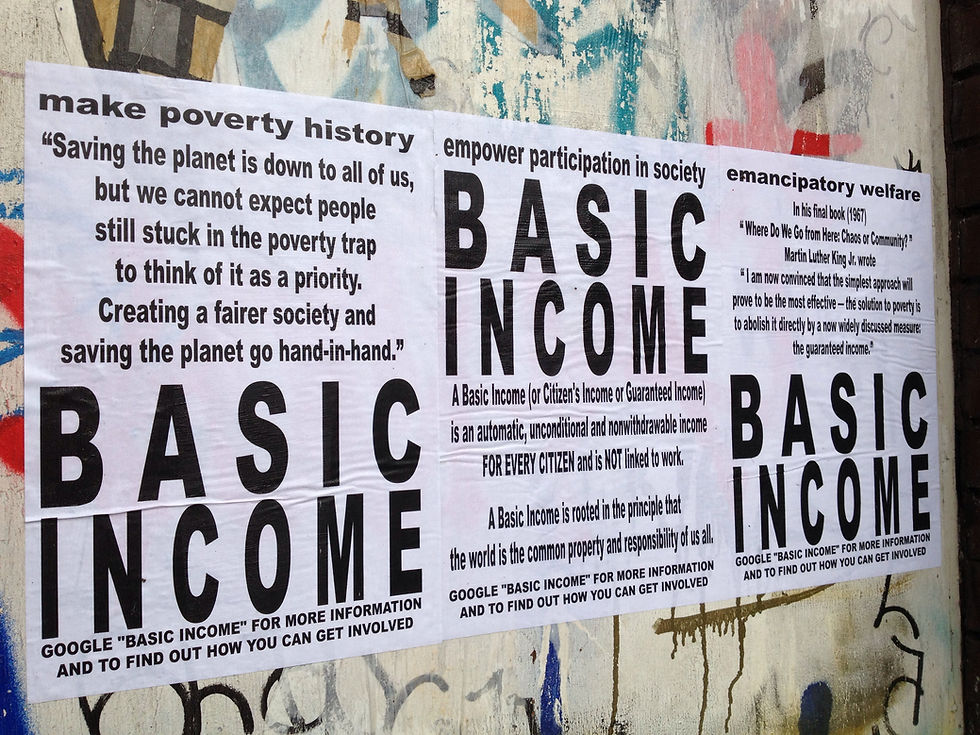Pope Francis Issues Apology to Indigenous Peoples for Residential Schools
- Maggie Tang

- Apr 11, 2022
- 2 min read
Updated: Dec 23, 2024
Content warning: This article contains discussions of the abuse suffered by Indigenous minors.
On April 1, 2022, Pope Francis apologized for the atrocities committed in Canadian residential schools - more than 25 years after the last school closed. Indigenous peoples have long been seeking an apology from the Roman Catholic Church for its abuse and persecution of Indigenous minors that persisted for over 100 years; between 1894 to 1947, the Canadian government mandated that Indigenous children should attend boarding schools, also known as “residential schools”, with the goal of assimilation.
At least 4,118 children died at these schools, and unmarked graves are still being discovered. In June 2021, the remains of 215 Indigenous children were discovered at the Kamloops Indian Residential School in British Columbia. The Church’s complicity in this genocide is undeniable, as over 139 residential schools were run by Catholic, Anglican, and United Churches for most of the 20th century.

On the first of April, Pope Francis met with Métis and Inuit delegates at the Apostolic Palace in Vatican City. The delegates stated that their main objective was to persuade Francis to become the first pope to admit the atrocities committed, and finally apologize for the Church’s wrongdoings. They also hoped to convince him to travel to Canada, where he would be able to offer his apology on the land where the violence was perpetrated.
Over many decades, several popes have expressed sorrow and sadness for the victims of residential schools, but fell short of offering an apology. However, Pope Francis explicitly stated his “shame and indignation because it is not right to accept evil.” Though a welcome apology, some Indigenous leaders are still waiting to see how this verbal expression of remorse will manifest itself in actions. One Eel River Bar First Nation member, Rosalie LaBillois, stated, “In that moment, it was nice to feel seen and acknowledged, but I think there has to be more actionable items behind words.”
Outside of St Peter’s Basilica, Indigenous people celebrated with music and dance. Church officials, tourists, and Italians joined hands with the Indigenous activists. Wilton Littlechild, the former grand chief of the Confederacy of Treaty Six First Nations, commented: “It’s been a very, very long wait,” adding: “I keep hope and pray that he does come here and say ‘I’m sorry’ to survivors. I think that will change our whole country.”
Sexual, physical, and emotional abuse were routine occurrences at residential schools, as those in power preyed on the children forced to attend.
The former head of the National Truth and Reconciliation Commission of Canada, Murray Sinclair, estimates that more than 6,000 children died or vanished over the decades that the schools were in operation. The Commission has deemed that residential schools helped to facilitate “a conscious policy of cultural genocide”. Disease combined with malnutrition frequently contributed to Indigenous children’s death, while some minors were used as subjects for experimentation.
Following the Pope’s apology, more rounds of talks between Indigenous leaders and the Catholic Church are set to take place.
Read the apology in full here.

_edited.png)



Comments